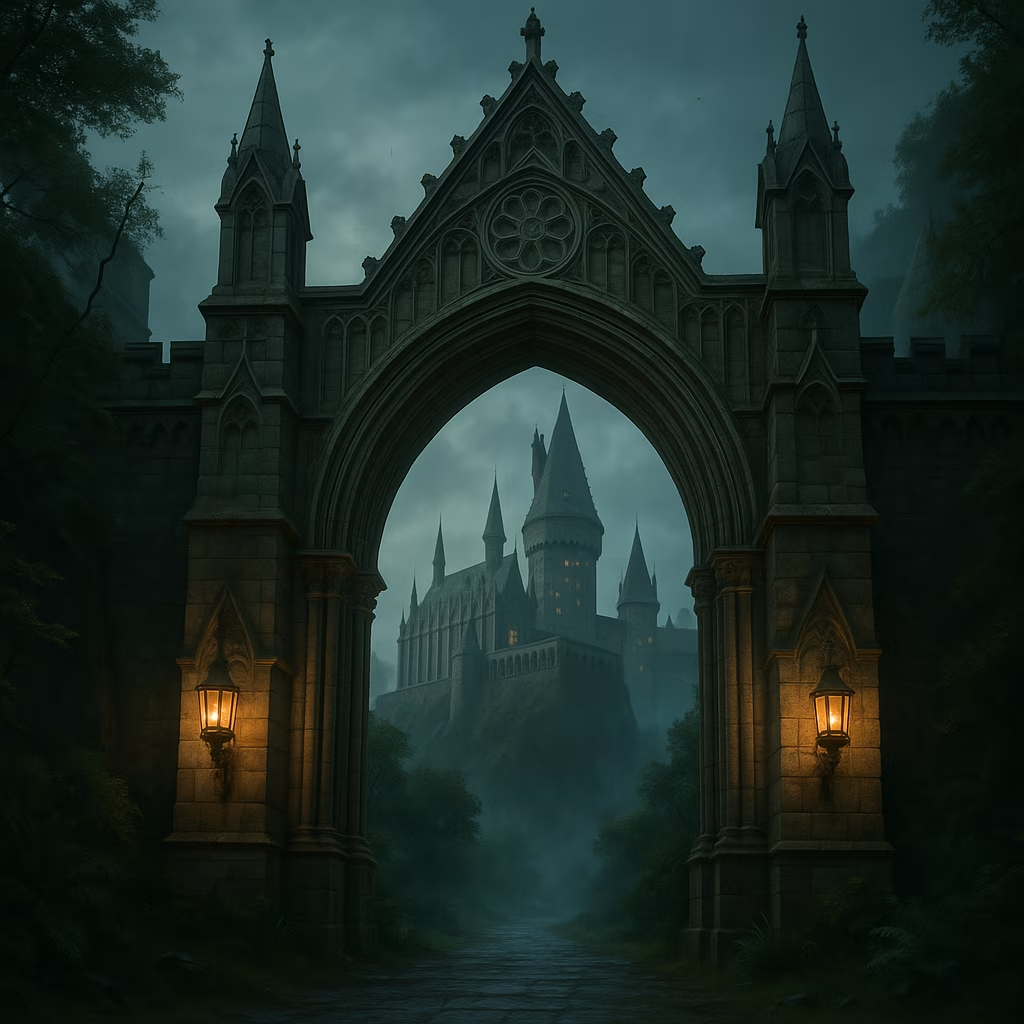As a lifelong gamer who dove headfirst into the enchanting world of Hogwarts Legacy upon its release a few years back, I was spellbound by its sheer magic—the sprawling castle grounds, the intricate spell-casting mechanics, and the nostalgic nods to J.K. Rowling's universe. But beneath that glittering surface, I couldn't shake a gnawing sense of hollowness in my adventures. My choices, whether sneaking into restricted areas or dabbling in questionable magic, felt weightless, like casting a spell that fizzled out mid-air. Now, in 2025, as whispers of Hogwarts Legacy 2 grow louder and Avalanche Software gears up for what could be a groundbreaking sequel, I'm reflecting on why the original fell short and how the team might weave a richer tapestry of player agency without resorting to tired morality tropes. 😊
The Hollow Echoes of Hogwarts Legacy
Reflecting on my time with the first game, I recall moments where the open world, while visually stunning, often felt like a beautiful but empty canvas.  For instance, when I decided to explore forbidden corridors or engage in morally ambiguous duels, the consequences were disappointingly shallow. NPCs barely reacted, questlines chugged along unchanged, and my character—whom I painstakingly customized—remained a bland observer rather than a dynamic protagonist. This lack of depth wasn't just a design flaw; it eroded my emotional investment, making victories feel unearned and failures inconsequential. Personally, I longed for that thrill of uncertainty, where every decision could ripple through the narrative like a rogue bludger.
For instance, when I decided to explore forbidden corridors or engage in morally ambiguous duels, the consequences were disappointingly shallow. NPCs barely reacted, questlines chugged along unchanged, and my character—whom I painstakingly customized—remained a bland observer rather than a dynamic protagonist. This lack of depth wasn't just a design flaw; it eroded my emotional investment, making victories feel unearned and failures inconsequential. Personally, I longed for that thrill of uncertainty, where every decision could ripple through the narrative like a rogue bludger.
The Pitfalls of Traditional Morality Systems
Many players, including myself, initially cheered at the idea of adding a morality system to Hogwarts Legacy 2, inspired by classics like Mass Effect. But as I replayed those titles, I realized how such systems often dumb down ethical dilemmas into oversimplified binaries. Take Mass Effect's Paragon vs. Renegade scale: it spoon-feeds players 'right' and 'wrong' options, stripping away the gray areas that make role-playing so compelling. In my opinion, this approach risks turning Hogwarts' rich ethical quandaries—say, using dark magic to save a friend—into a mechanical checkbox exercise. Why should a game dictate morality when real magic lies in letting players wrestle with ambiguity themselves? Consider these common drawbacks:
-
Loss of Nuance: Red-blue choices reduce complex issues to cartoonish extremes.
-
Reward-Driven Decisions: Players might pick 'evil' paths just for cool gear, not genuine belief.
-
Narrative Rigidity: Stories become predictable chains of cause and effect.
Instead, I'd argue that Hogwarts Legacy 2 should ditch the morality meter altogether. For example, imagine a side quest where I choose to betray a fellow student for personal gain. Rather than slapping an 'evil' label on me, the game could have that student become cold and distant in future interactions, affecting alliances or unlocking new, tense dialogues. This shifts focus from judgment to organic consequences—actions reverberate through relationships and world events without moral absolutes. It's about creating a living, breathing universe where every spell cast or secret uncovered has tangible weight, sparking player-driven reflections on ethics.
A Path Forward for Hogwarts Legacy 2
As we inch closer to Hogwarts Legacy 2's potential 2025 debut, I'm buzzing with hope for what Avalanche could achieve. By emphasizing consequences over morality, they could transform the RPG experience into something truly immersive. Picture this: my decision to dabble in forbidden curses might alienate professors but earn respect from shadowy factions, branching the story in unpredictable ways. This not only deepens replayability but honors the Harry Potter lore's essence—where choices are messy, multifaceted, and deeply personal. Here's a quick comparison of approaches:
| Feature | Morality System | Consequence Focus |
|---|---|---|
| Player Agency | Limited; guided paths | High; organic outcomes |
| Narrative Depth | Often shallow, binary | Rich, with ethical layers |
| Replay Value | Moderate; based on alignment | High; dynamic story shifts |
| Emotional Impact | Fades quickly | Lingers, fostering reflection |
Ultimately, this isn't about abandoning accountability; it's about crafting a world where my actions feel meaningful because they resonate, not because they're graded. 🤔 As a fan, I dream of a sequel that embraces this philosophy, inviting us to ponder: in a realm of magic and mystery, should right and wrong be defined by the game, or left to the wizard within us?